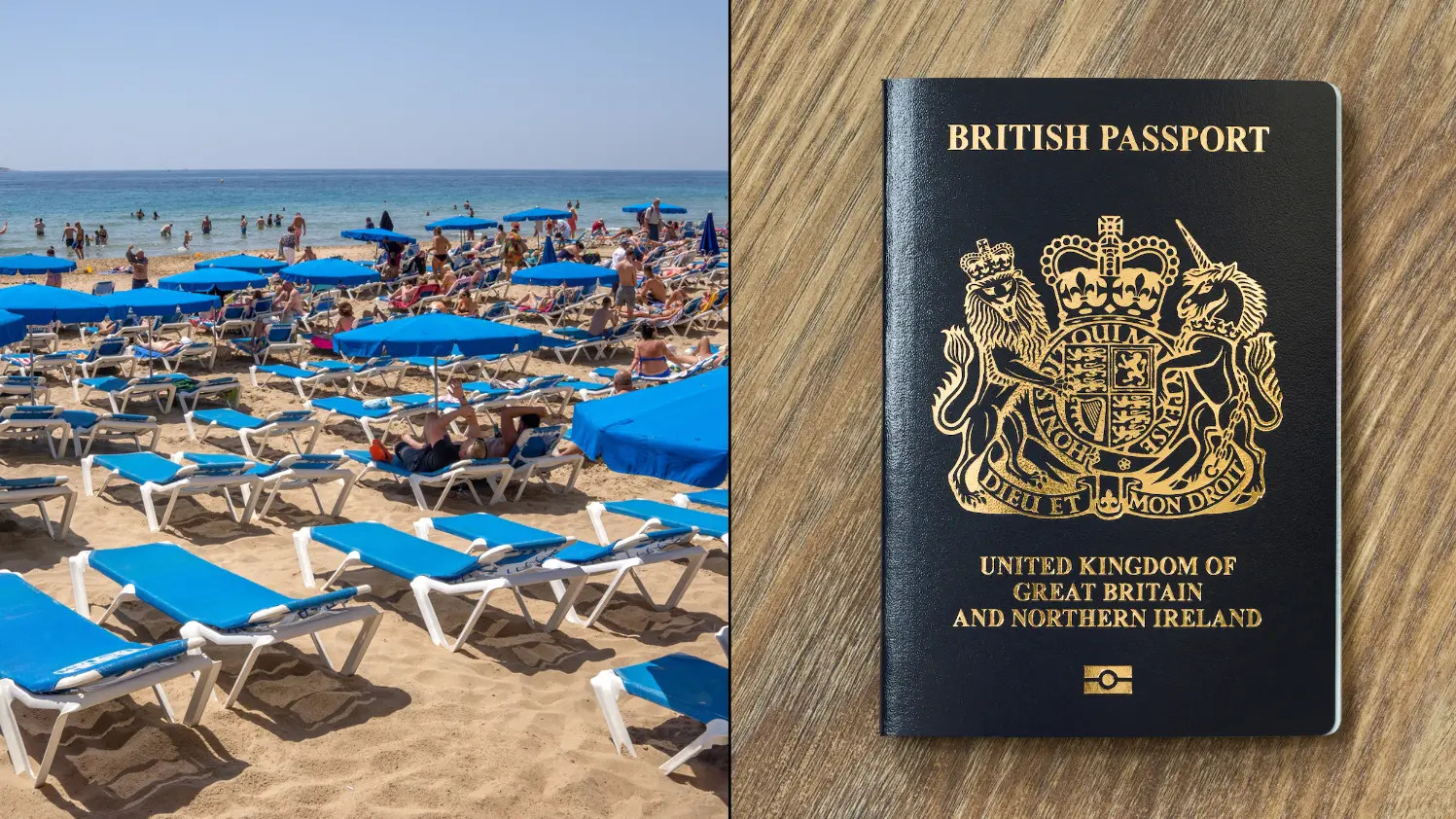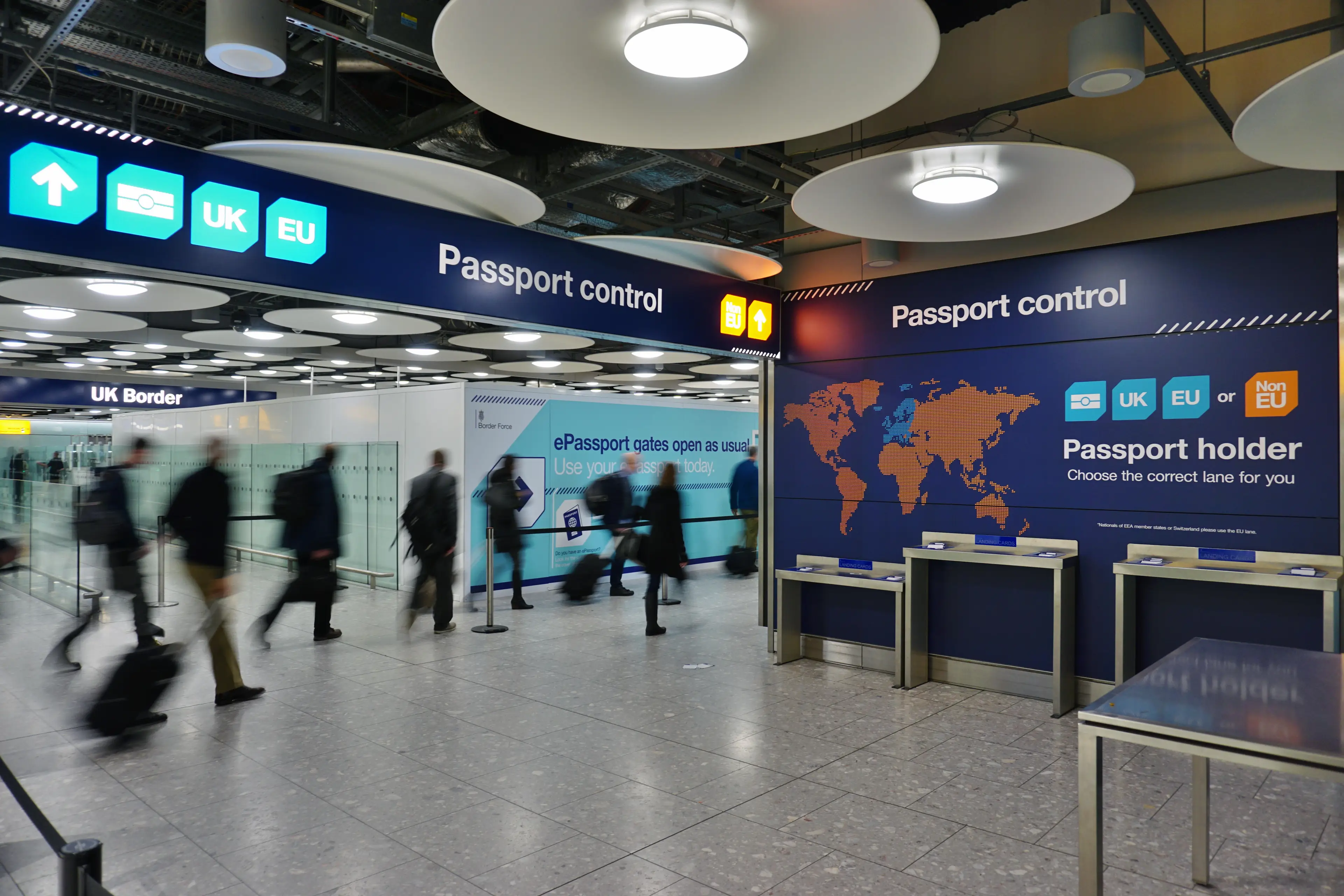
British holidaymakers entering most European Union countries are set to be charged an extra fee from next year onwards.
In the news nobody wanted to hear, the fee will also apply for travel to a number of countries which are in Europe but not in the EU, as the new rules will count for nations which are part of the Schengen Area.
A new system called the European Travel Information and Authorisation System (ETIAS) - to pre-screen travellers before they board a plane - will be part of security checks for those wanting to get into Schengen Area countries.
That area includes 22 EU countries, along with non-EU states Iceland, Norway, Switzerland and Lichtenstein.
Advert

Brits visiting the rest of Europe as tourists won't need a visa as they'll still be allowed to stay abroad for up to 90 days in a 180 day period, they'll just need their passport and ETIAS approval.
The new system is intended to be up and running by May 2023, according to ETIAS, so anyone planning a trip to Europe for next summer best be aware of the new rules to avoid getting turned away at the border.
The fee works on a similar basis to the one Brits have to pay to get authorisation to travel to the US, though the EU one will be cheaper than the American one which sets you back $21 (around £17).
Applying for an ETIAS security check will cost you the princely sum of €7 (£6), but once you've filled it in it's good for up to three years so there's no need to keep applying for one for every trip you plan on taking.
Tourists showing up for their holidays with just their passport are likely to face disappointment as they will probably be turned away without a completed ETIAS.
The application will be linked to your passport so guards at the border should know whether you've got your approval or not.
The form is only supposed to take a few minutes to fill in and it can all be done online, so approval should come through in a matter of minutes.

Though anyone flagged as a potential risk faces up to a four day wait.
In the most serious of cases an applicant might be waiting up to four weeks to hear back, but that ought to be only for exceptional circumstances and shouldn't be a problem for people going on holiday.
If you do somehow get deemed a security risk and fail your application, you can always appeal the decision.
Things that might cause an application to be rejected include a criminal record, security concerns or a track record of overstaying in Schengen Area countries.